Many people choose running to improve their health. But did you know that these benefits can be counterproductive because of something that few people expect: The place where they run!
Around 80% of runners make a mistake that could potentially increase their risk of respiratory problems, strokes and heart disease. That is running on the pavement next to traffic. This could be harmful to health, as air pollution increases the risk of heart disease and strokes, according to the Express .

Research shows that eight out of 10 runners use pavements, with a third running mainly alongside traffic. This means they are breathing in high levels of air pollution.
Research shows that eight out of 10 runners use pavements, with a third running mainly alongside traffic. This means they are breathing in high levels of air pollution.
Meanwhile, a study presented at the European Emergency Medicine Conference on October 16 showed that the number of emergency room admissions increased by 10-15% due to increased pollution - although the level is still within the guidelines of the World Health Organization (WHO).
Pollutants come in two forms - gases such as NO 2 , SO 2 and NH 3 , and particulate matter - which includes natural irritants such as pollen, dust, carbon, metals, rubber and compounds from brake pads, and even the road surface.
These tiny pollutants can enter the body's system and contain a mixture of different pollutants, explains David McEvoy, a researcher at University College Dublin (Ireland), who is also a regular runner.
Worryingly, the act of vigorous exercise itself increases the absorption of these dangerous chemicals. David McEvoy’s review of the evidence suggests that strenuous exercise can increase the amount of toxins inhaled by up to 10 times, which impairs respiratory health and lung function. Some studies suggest that pollution also raises blood pressure and can increase the risk of heart and lung problems.
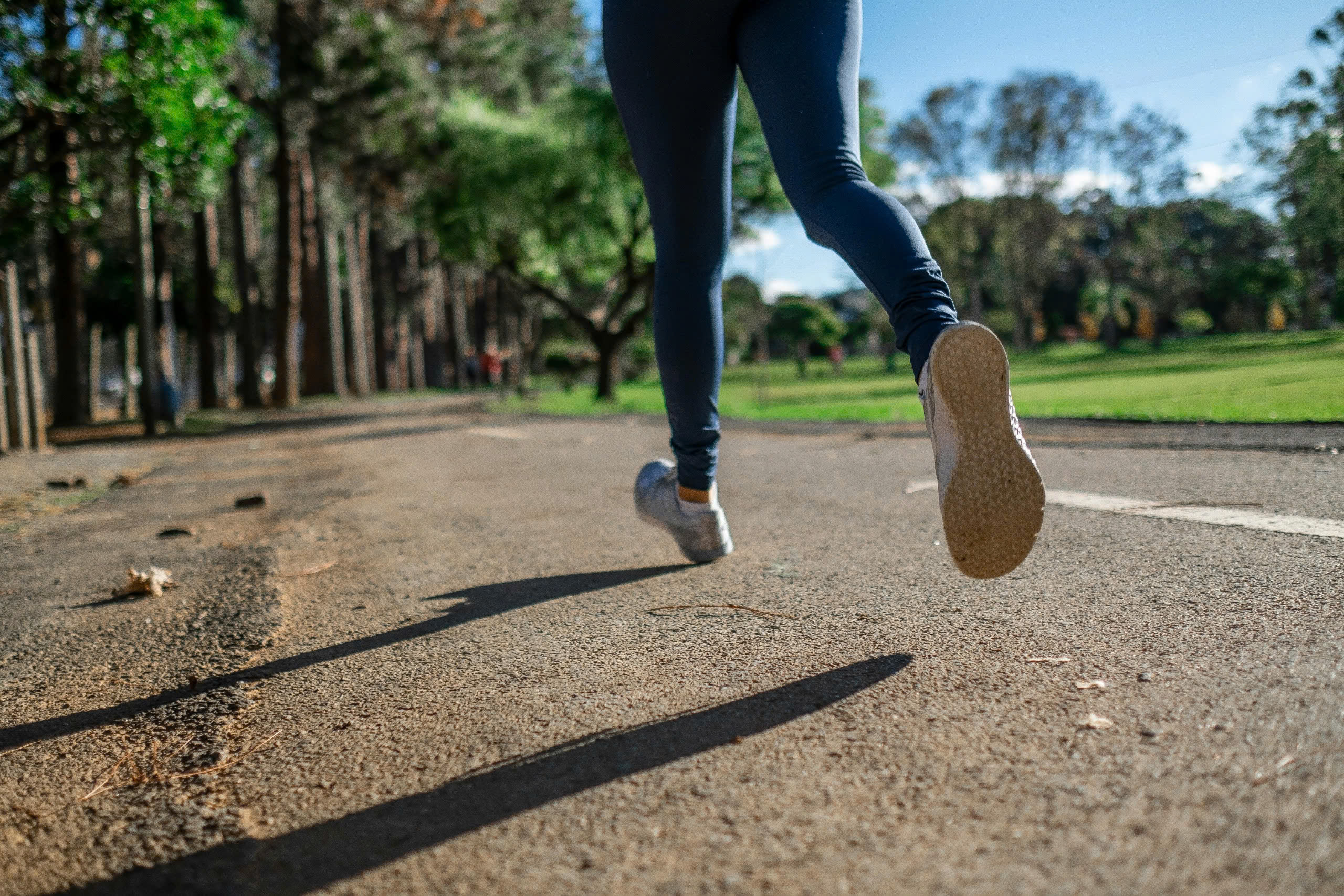
Try to run away from the main road, should run on deserted roads
Runners tend to breathe faster, so they take in more air, and if that air contains more pollutants, that can have a big impact on the body, says Esther Goldsmith, a physiologist based in the UK.
People who start running are more likely to have reduced heart function and other comorbidities, so it's even more important to run in fresh air, warns expert Esther Goldsmith.
Here are some simple steps to help reduce your exposure to pollutants:
Avoid jogging during rush hour and when it is hot.
Try breathing through your nose: Esther says there is a lot of evidence that nasal breathing increases NO production, which is beneficial for cardiovascular function and oxygen transport. While nasal breathing isn’t easy, it’s a training strategy that has paid off for athletes.
Clear your nose after a run: Lab tests show that clearing your nose and mucus is a natural way to remove pollutants after a run, it can remove up to 49% of dust and pollutants in just 30 seconds.
Mind the distance: The amount of pollution you breathe in is significantly reduced if you run away from traffic. Try to run away from main roads, preferably on quiet roads, according to Express.
Source: https://thanhnien.vn/chuyen-gia-chi-loi-pho-bien-khi-chay-bo-vo-tinh-gay-nguy-co-dot-quy-185241024192617264.htm


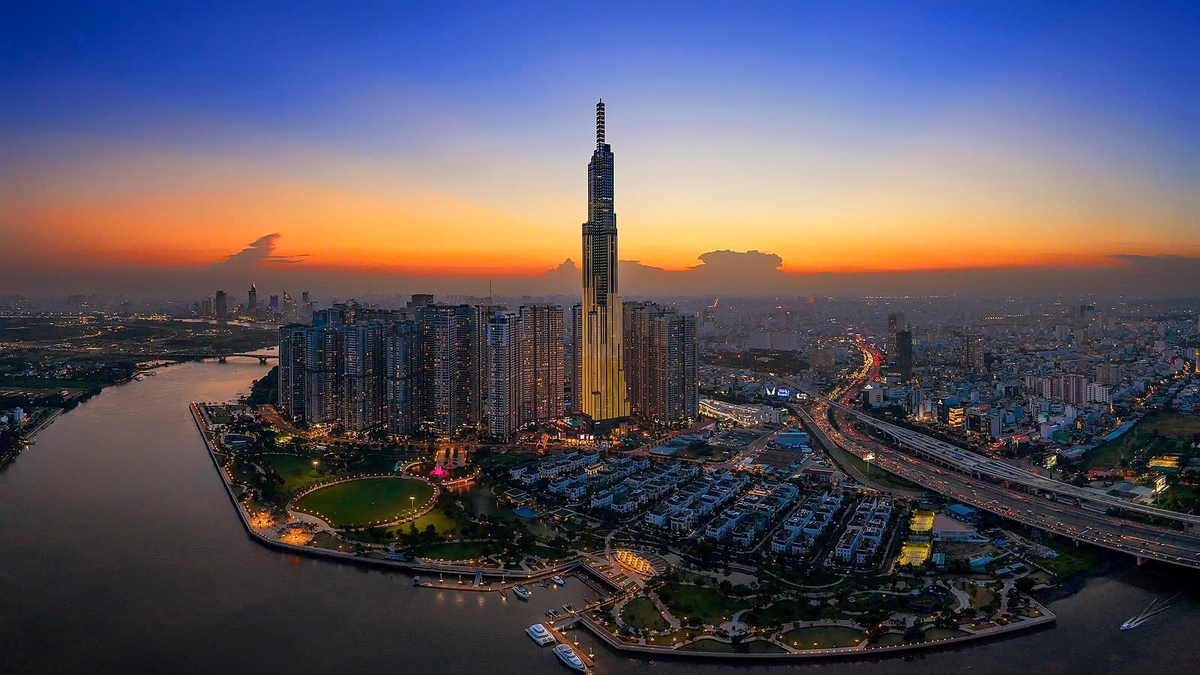
















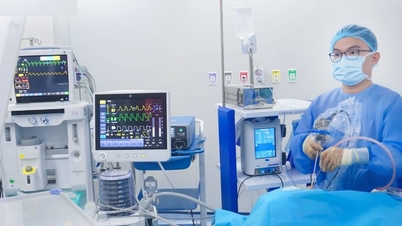

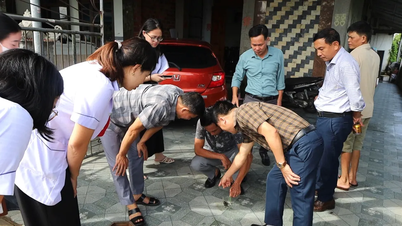

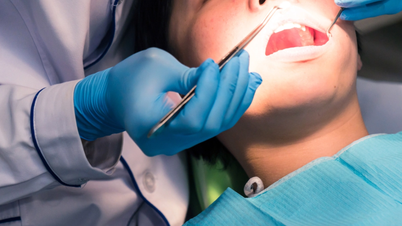






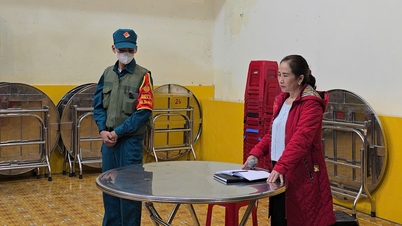















































































Comment (0)